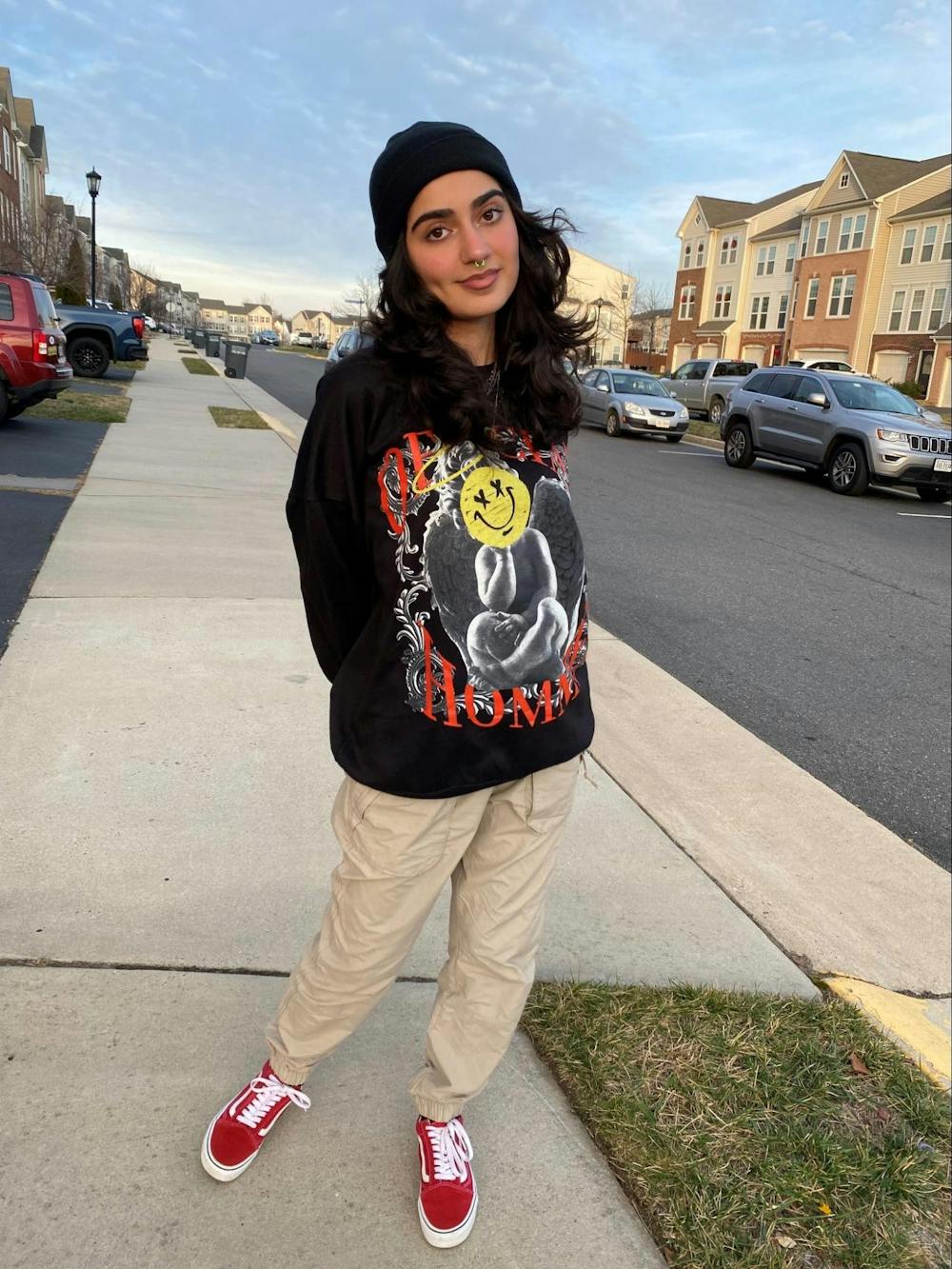It has become a joke between American University students to talk about how TDR workers will greet them with fury and scream at them from time to time. The workers are typically described as rude, impatient and intimidating. There’s a push-button feedback device in the dining hall now, asking “Did we make you feel welcome today?”
Considering how the students’ attitudes are toward the TDR workers who are majoritively Black, this device further acts as a leeway for students to make microaggressions.
Though AU ranks in the top 5 percent of universities in diversity, it is a predominantly white institution with 48.2 percent white students. The median family income of a student is $155,300 and 67 percent of them come from the top 20 percent of the population. Many of these privileged, rich white students lack manners and decency toward TDR workers. They don’t show a bit of respect due to their entitlement mentality. It seems many of them have never experienced working in food service before, therefore they don’t understand how demanding the industry is.
Food service workers generally work long hours while only getting paid low wages. Many go through employee burnout due to emotional labor and exhaustion. When TDR workers have to deal with rude and unappreciative kids every day, they’re more likely to not have a consistently positive attitude due to the extra stress they undergo.
Last summer, I worked at Dunkin’ and at times I found myself so frustrated I wouldn’t even be able to keep up my customer service voice. It was challenging to deal with one customer after the other when some of them wouldn’t even bother to say “thank you.” While, as a white person, my anger and frustration are “non-threatening,” the situation differs tremendously for a Black person.
The “angry” label being associated with Black people dates back to slave masters. The existence of the stereotype gave white people justification for their actions and helped victimize themselves to the rest of the world. Over the years, this stereotype has contributed to the institution of slavery, Jim Crow laws and white supremacy. A white person’s anger is attributed to external causes, therefore it is “natural” and “safe.” A Black person’s anger, on the other hand, is deemed as the exact opposite. The roots of their anger is viewed as a reflection of their own disposition.
Although it’s common to express anger at work, it’s perceived differently when it comes to a Black person. The “angry Black individual” trope further provokes internal attributions to their anger and in the workplace, it labels them as “loud,” “hostile” and “aggressive.” White students expressing their anger toward the workers through this device further draws the narrative that the Black workers aren’t fit to be in the workplace. They are depicted as “villains” who have something against the students solely because they’re Black, when this isn't the case at all. In 2016, Carlos Vera, a member of the Justice for AU Workers Coalition, explained, “People say, ‘Oh I’m not an activist.’ And I tell them, do you go to TDR? Do you use a restroom? You know, then you should care, because they make life better for everyone here.”
TDR workers do not have superpowers: they’re human just like the rest of us. They’re doing their best to respond to our needs under unfair working conditions like low wages. I guarantee that some students give bad feedback on the device just out of spite. It is upsetting how many of these privileged students aren’t aware of how their actions contribute to this harmful stereotype.
The feedback device acts as an excuse for the white students to direct their micro-insults at the Black workers. It is important to consider how your actions can be vastly harmful even when it’s not one’s “intent.” In order to deconstruct the harmful stereotype, you need to acknowledge your privilege and actively disrupt such ways of thinking.
The TDR workers don’t have ill intentions toward the students and they’re only trying to do their job. We need to treat them with kindness while avoiding creating a space for these microaggressions to take place.
Meliha Ural is a freshman in the School of Public Affairs and a columnist for the Eagle.





